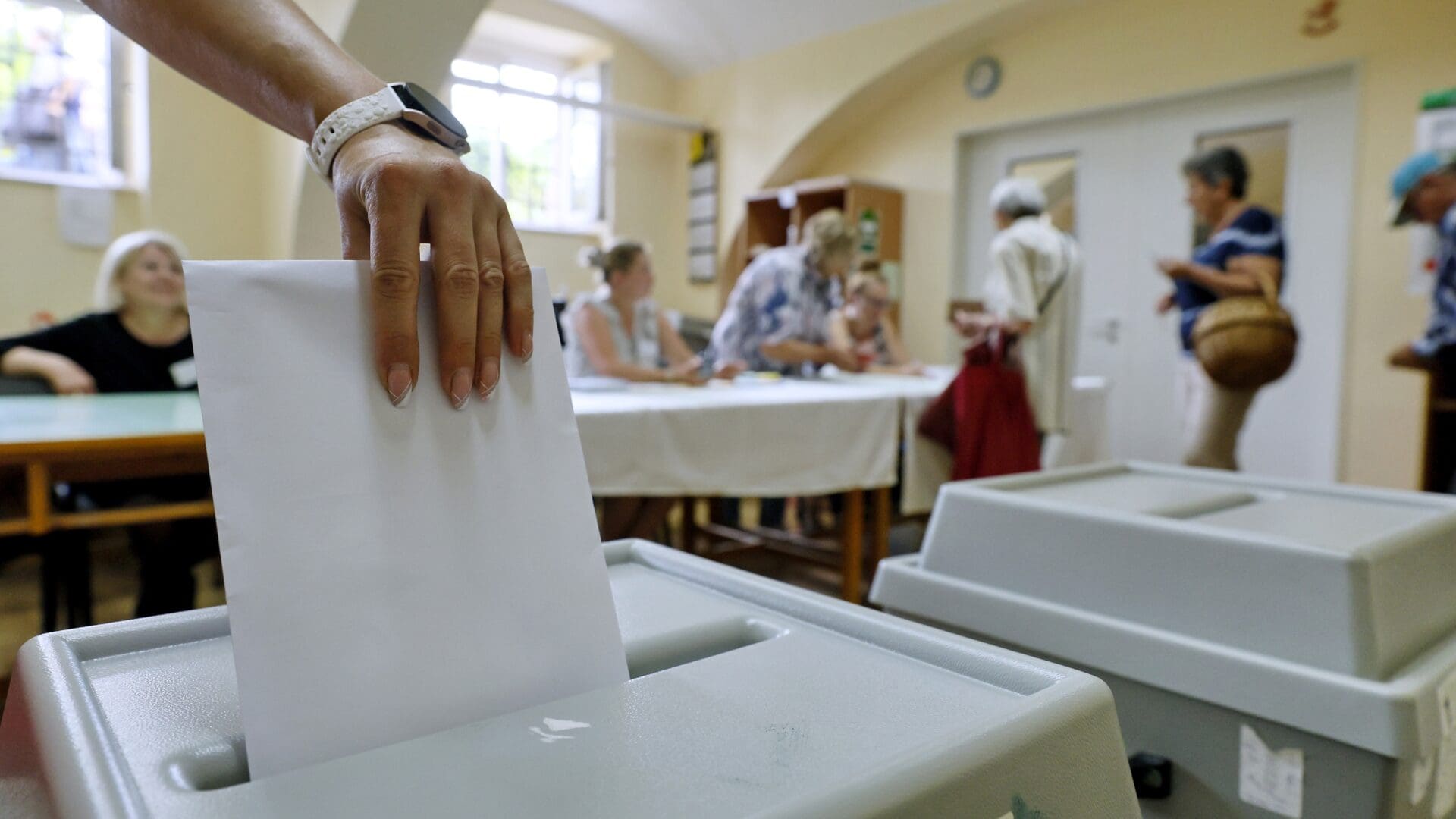A recent public opinion survey conducted by the Nézőpont Institute in early January reveals that the majority of Hungarian voters are against holding early parliamentary elections. The study, released on Saturday, indicates that 61 per cent of voters prefer waiting until the regular election schedule in 2026.
This sentiment is shared even among Tisza Party supporters, with close to 40 per cent rejecting their leader Magyar Péter’s call for early elections. The findings show a declining trend in support for early voting compared to previous polls.
The poll results indicate a notable drop in support for Péter Magyar’s demand, which he reiterated in his New Year’s address. In April 2024, 37 per cent of voters expressed support for early elections, compared to 33 per cent now. The survey also highlights a split among Tisza Party supporters: 61 per cent back their leader’s demand, while a significant 32 per cent believe elections should wait until 2026.
‘The division within the Tisza Party’s electorate reflects a broader scepticism about the feasibility of winning an early election’
Seven per cent of Tisza voters were undecided or declined to answer, suggesting a lack of consensus within the party’s base.
According to the Nézőpont Institute, the division within the Tisza Party’s electorate reflects a broader scepticism about the feasibility of winning an early election. ‘If confidence in their chances were higher, it is unlikely so many Tisza voters would oppose the proposal,’ the institute noted.
The survey also casts doubt on the credibility of reports suggesting the Tisza Party holds a significant advantage. Such claims appear insufficient to persuade even the party’s own base, let alone the broader electorate.
The data underscores a preference among Hungarian voters to maintain the current electoral schedule, with a growing majority resisting calls for early polls. For the Tisza Party and its leadership, these findings pose significant challenges in rallying both their supporters and the wider public to their cause.
Related articles:







